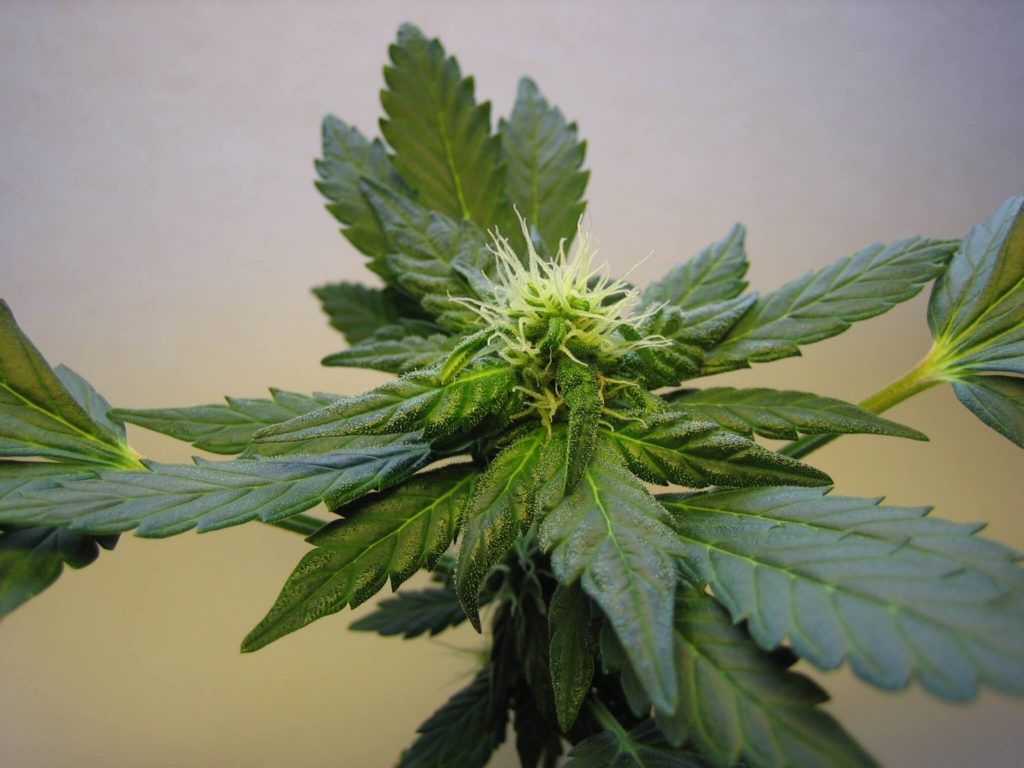A bill recently drafted by State Senator Mike McGuire but not yet law has mustered only modest interest locally. That’s because there are currently 11 other marijuana bills before the California State legislature, some aimed at protecting cannabis patients and consumers.
AB-2069, for example, would prohibit employers from firing workers who use marijuana for medical conditions, though it would not protect them if and when they’re impaired and unable to carry out on-the-job responsibilities.
Cannabis has created a crowded and complex legal field that has given rise to a new generation of lawyers who are helping to write the rules.
McGuire’s bill, SB-1453, if enacted, would give Cal Fire and district attorneys more time than is currently allocated to prosecute marijuana growers who cut down trees illegally and make room for commercial operations.
In a press release, McGuire explained that, “Illegal conversions are polluting our pristine watersheds, threatening our drinking water supplies, killing wildlife and ushering in near irreversible harm to California’s beloved forests.”
So far, no one in the marijuana community has hailed McGuire’s bill, though he has received support from environmental groups including the Sierra Club, Save the Redwoods and the Nature Conservancy.
A Democrat and a former mayor of Healdsburg, McGuire represents the 2nd Senate District that extends from Marin County to Del North. The 2nd includes “The Emerald Triangle,” which produces more marijuana than any other comparable area in the U.S.
McGuire isn’t the voice of the marijuana industry, though he often speaks at industry events such as the “Wine and Weed Symposium” that took place in August 2017.
In 2015, he introduced SB-643 that called for the regulation and taxation of the California marijuana industry and that has helped to accelerate corporate control, the rise of big money and the end of the era of the hippie grower.
Ever since the passage of SB-643, “illegal conversions” have increased in the Emerald Triangle, though they’re not new. For decades, growers who have wanted maximum sunshine for their plants and room for greenhouses have been chopping down trees. At the same time, they have also used trees to camouflage cannabis.
Recently, I saw the foreman at a Santa Rosa marijuana farm use a chainsaw to cut down oak trees that created shade and deprived his pot plants of the sun. Oddly enough, he called himself an environmentalist and complained about greed in the industry. Growers without his scruples don’t have a problem removing whole stands of trees.
One reason marijuana growers aren’t cheering SB-1453 is that they feel it targets them unfairly. Cannabis activist and spokesman Mitcho Thompson argue that “all agriculture needs to take responsibility for the preservation of forests.” He adds that it “probably plays better with voters to go after rogue cannabis cultivators than rogue grape growers.”
In Sonoma County, Paul Hobbs is the most well known of the grape growers who have cut down trees illegally. In 2015, he paid a $100,000 fine after citizens filed a lawsuit that alleged he converted a 48-acre apple orchard to a 39-acre vineyard without an environmental impact report.
Sonoma County residents had no difficulty monitoring Hobbs’s conversions, though conversions often take place in remote areas and are difficult to detect.
Chris Poehlmann, the director of Friends of the Gualala River, has condemned the “scalping” of mountainsides, which turns them, he argues, into “biological deserts.” Poehlmann also argues that the conversion of timberland to vineyards is more destructive than logging itself because with logging there’s the opportunity for “second-growth trees.” Not so with vineyards.
These days, logging along the Gualala is a hot topic.
In Napa, citizens recently drafted Initiative “C” to save woodlands and watersheds that have been harmed, not by pot farmers but by the wine industry. Measure “C” is on the ballot in June. Supporters, such as St. Helena councilman Geoff Ellsworth, say that “C” has raised awareness about the environmental damage caused by the spread of vineyards and that it will likely pass on election day.
Marijuana growers who cut down trees in Sonoma County are the most recent in a long line of farmers, ranchers and loggers who have assaulted forests. In the old day, pioneers didn’t need permits or environmental reports to chop down redwoods.
One 19th Century observer noted that old growth forests were “inexhaustible.” But enterprising North Coast timber titans set up sawmills, put lumberjacks to work and turned trees into lumber that fueled the whole economy.
In the last decades of the 20th Century, the soaring marijuana industry replaced the rapidly declining lumber industry as a moneymaker.
Still, after more than 100 years of intensive logging in Sonoma County, there are more than 500,000 acres of coniferous forests and oak woodlands. Slightly more than 50 percent of them are in private hands.
The Sonoma County Forest Conservation Working Group (SCFCWG), a local environmental organization, aims to persuade property owners to care for trees.
Indeed, SCFCWG provides “education and resources to forest landowners with the goal of protecting and sustaining healthy forests, woodlands, and watersheds in Sonoma County.”
This year, the organization’s focus has not been the conversion to grapes or to cannabis, but the ravages of last October’s fires that caused more damage to forests than the acts of farmers and ranchers of any kind.
And keep your eyes peeled for Native Americans who hope to revive the once powerful U.S. hemp industry. Forests of non-hallucinogenic cannabis plants might soon cover farmlands from coast-to-coast and give new meaning to logging.
Jonah Raskin, a professor emeritus at Sonoma State University, is the author of Marijuana: Dispatches from an American War, published in French as well as English, and shares story credit for the feature-length pot film Homegrown.
Credit: sonomawest.com













